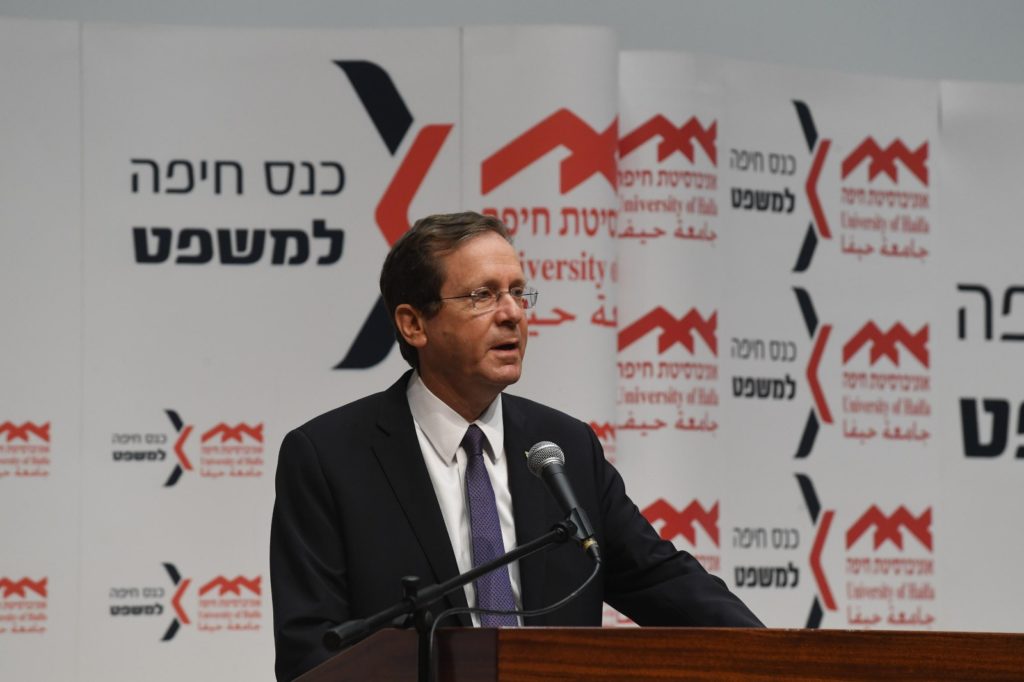
An international incident was averted on Saturday after a Muslim protestor in Sweden announced a burning of the Bible and Torah outside the Israeli embassy would not take place and the threat was simply to make a point. The turn of events came after multiple Israeli officials expressed concern and outrage after Swedish officials gave permission for the holy book burning to occur.
According to a report from Al Jazeera, the protestor, Ahmad Alloush, claimed he never intended to desecrate the Bible or the Torah—the first five Books of the Bible read weekly by Jews around the world on the Sabbath. Instead, he was protesting the permitted burning of a Koran in front of a Swedish mosque two weeks ago. While Swedish officials have condemned burning of the religious books, the Al Jazeera report noted that it would take a new law to ban such incidents, which are considered by Swedish courts as freedom of expression and demonstration.
Later on Saturday, Israel’s Ambassador to Sweden Ziv Nevo Kulman said on Twitter he was “relieved that the burning of a Torah book did not take place today. I thank everyone in Sweden, Israel and around the world, including Muslim and Christian leaders for their messages of support and solidarity. The danger of desecrating holy books has not yet passed. A way must be found to prevent such acts in the future.”
Kulman had previously been joined by Israeli President Isaac Herzog, Israel’s Chief Rabbi Yitzchak Yosef and others in condemning the planned burning of the Biblical text, with Herzog calling it not freedom of expression but “blatant incitement and an act of pure hate.” Herzog, in comments published by Israel, also condemned the Koran burning and burning of religious texts in general. Said Herzog, “The whole world must join together in clearly condemning this repulsive act.”
Chief Rabbi Yosef, in a letter sent to Swedish King Carl Gustaf ahead of the planned burning that was also published by Israel, said with “great concern and deep distress” that the event had “the potential to undermine the values of tolerance, respect, and religious freedom that we hold dear.” Israel’s top religious leader said they also “vehemently condemn the recent act of burning” the Koran.
Chief Rabbi Yosef pointed to Jewish history, noting that this time of year—known in Judaism as the three saddest weeks on the calendar that culminate in the Tisha B’Av day of mourning—recall among other tragedies the burning of holy books in the thirteenth century in Europe. He said this “set a tragic precedent for further heinous acts throughout history”, including the Holocaust.
Yaakov Hagoel, Chairman of the World Zionist Organization, was even stronger in his comments on Friday, also published by Israel. He said the permission to burn a Bible in front of the Israeli Embassy in Stockholm is “not freedom of expression but Antisemitism.” He continued, “80 years after the cursed Holocaust and signs we wanted to forget we are again reminded to stand guard!” He also “strongly” condemned the burning of the Koran.
In the end, the Bible burning threat was not carried out, but the near miss also highlighted an ongoing struggle to prevent disturbing historical events from repeating. “This is a tremendous relief,” tweeted Emmanuel Nahshon, deputy director general for Public Diplomacy at Israel’s Foreign Ministry, after the book burning was canceled. “Burning books is and will NEVER be the answer. We must all, of course, remain vigilant and make sure that this will not happen again, not only in a Jewish context.”
(By Joshua Spurlock, www.themideastupdate.com, July 16, 2023)
